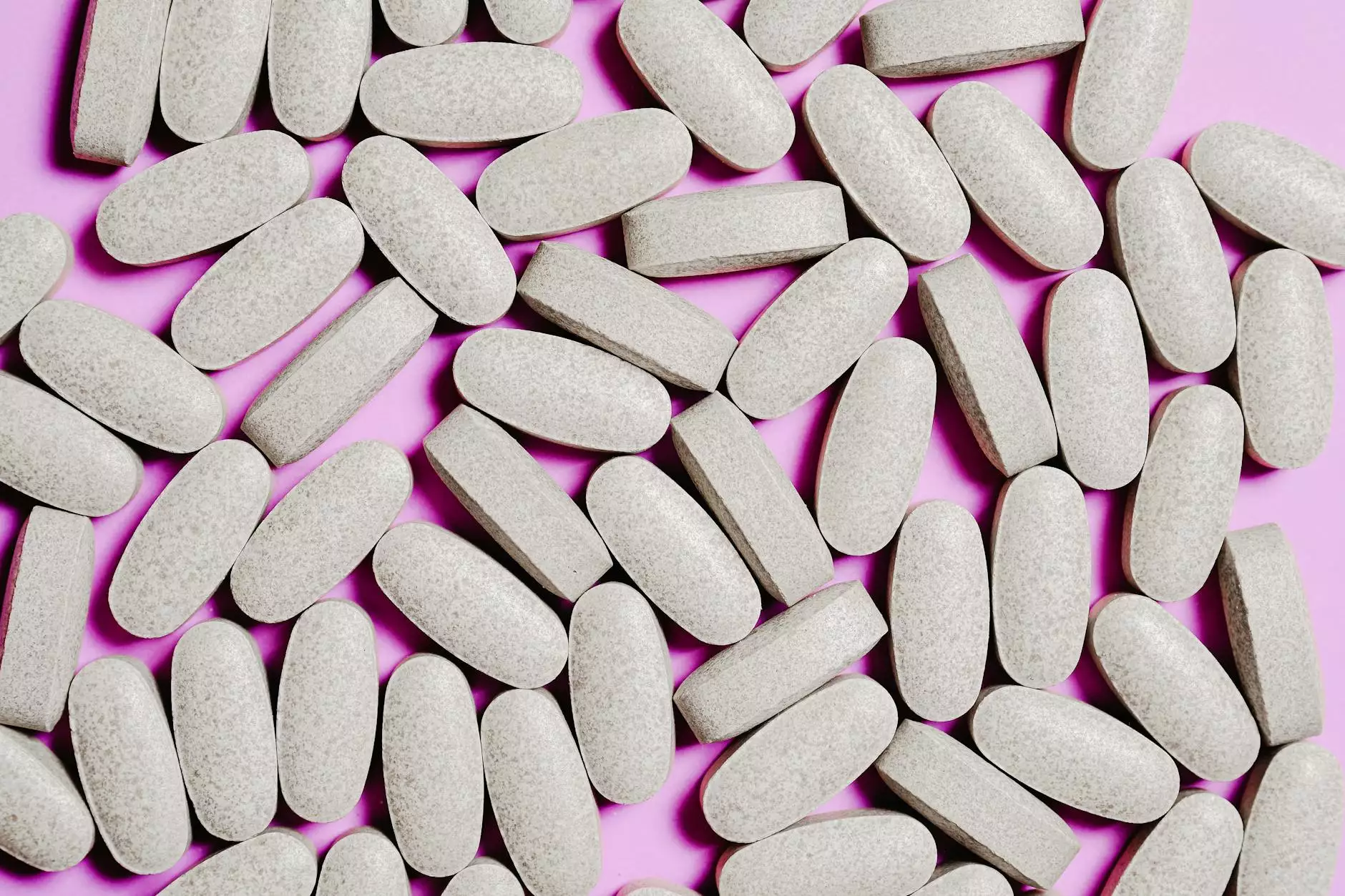Understanding Ibogaine Drug Treatment

Ibogaine is a naturally occurring psychoactive substance found in the root of the African shrub Tabernanthe iboga. It has garnered significant attention as an alternative therapy for addiction treatment. In this comprehensive guide, we will delve into the intricacies of ibogaine drug treatment, its benefits, potential risks, and the overall process involved.
What is Ibogaine?
Ibogaine is a powerful psychoactive compound that has been used traditionally in spiritual ceremonies in West Africa for centuries. Its potential as a treatment for substance use disorders has been explored since the 1960s, and numerous anecdotal reports and studies suggest its efficacy in reducing withdrawal symptoms and cravings associated with addiction.
How Ibogaine Works: Mechanisms of Action
The exact mechanisms by which ibogaine exerts its effects on addiction are not fully understood, but several key processes have been identified:
- Neurotransmitter Modulation: Ibogaine targets several neurotransmitter systems, including serotonin, dopamine, and glutamate. This modulation can help rebalance the brain's chemistry, which is often disrupted in individuals with addiction.
- Rapid Detoxification: Many users report that ibogaine can facilitate rapid detoxification from substances like opioids, alcohol, and stimulants, significantly reducing withdrawal symptoms.
- Psychological Insights: The intense visionary experience induced by ibogaine often leads to profound personal insights, allowing individuals to address the root causes of their addiction.
The Benefits of Ibogaine Drug Treatment
Ibogaine drug treatment offers several potential benefits for those struggling with addiction:
- Reduced Cravings: Patients often experience a significant reduction in cravings shortly after treatment, which can aid in long-term recovery.
- Shortened Withdrawal Period: Ibogaine can dramatically shorten the withdrawal timeline, making the initial stages of recovery more manageable.
- Holistic Healing: The profound psychological insights gained through the ibogaine experience can help individuals uncover underlying emotional and psychological issues.
- Increased Motivation: Many individuals report a renewed sense of purpose and motivation to heal after undergoing treatment.
Preparing for Ibogaine Treatment
Before undergoing ibogaine drug treatment, proper preparation is crucial. Here’s a detailed overview of what to expect during the preparatory phase:
- Medical Evaluation: A comprehensive evaluation by a medical professional is essential to determine if ibogaine treatment is appropriate. This may include blood tests, ECGs, and a review of personal and family medical histories.
- Psychological Assessment: Assessing mental health is vital. Individuals should discuss previous experiences with substance use and any underlying mental health conditions.
- Dosing and Timing: Understanding the correct dosing schedule and timing will ensure a safe and effective experience. Coordination with a qualified provider is crucial.
- Support System: Having a solid support system in place can significantly enhance the treatment experience. This may include friends, family, or professionals.
The Treatment Process
The actual ibogaine treatment includes several key phases:
1. Administration
Ibogaine is typically administered in a safe environment under the supervision of experienced professionals. The dosage can vary based on individual needs, the substance being treated, and overall health.
2. The Journey
The treatment often leads to an intense psychedelic experience lasting between 24 to 36 hours. Patients may experience vivid hallucinations and deep introspection during this time. While the experience can be demanding, many report feelings of clarity and insight afterward.
3. Integration
Post-treatment integration is crucial. This phase involves working with therapists or counselors to process the experiences and insights gained during the ibogaine journey. Support groups or continued therapy can be beneficial for maintaining progress.
Potential Risks and Considerations
While ibogaine can offer substantial benefits, there are also potential risks involved:
- Cardiac Risks: Ibogaine can affect heart function and rhythm, which is why a thorough medical evaluation is critical. Those with pre-existing heart conditions are at increased risk.
- Psychological Effects: The intense experience can be overwhelming for some individuals, potentially leading to anxiety or distress.
- Legal Status: The legal status of ibogaine varies by country; in some places, it is illegal or its use is strictly regulated.
- Termination of Other Treatments: Individuals should consult healthcare providers before discontinuing any prescribed medications.
Finding a Qualified Ibogaine Treatment Provider
Choosing the right facility for ibogaine drug treatment is critical for ensuring safety and effectiveness. Here are important factors to consider:
- Credentialed Professionals: Ensure that the facility is staffed with qualified medical and therapeutic practitioners experienced in ibogaine treatment.
- Safety Protocols: The facility should have clear safety protocols in place, including monitoring patients throughout the treatment process.
- Aftercare Services: Look for programs that offer comprehensive aftercare, including therapy and support groups.
- Patient Testimonials: Research reviews and testimonials from former patients to gauge the facility’s reputation and success rates.
Conclusion: Embracing the Journey to Recovery
Ibogaine drug treatment embodies a unique and promising approach to tackling addiction. While it is not a panacea, many individuals have found hope and healing through its profound effects. As with any treatment, thorough preparation and support remain key elements to ensure a successful recovery journey. If you or a loved one are considering this treatment, we encourage you to do thorough research, seek professional guidance, and take the first step toward reclaiming your life.
Explore more about the options available by visiting muchroomstore.com, where you can find additional resources and support for your recovery journey.



